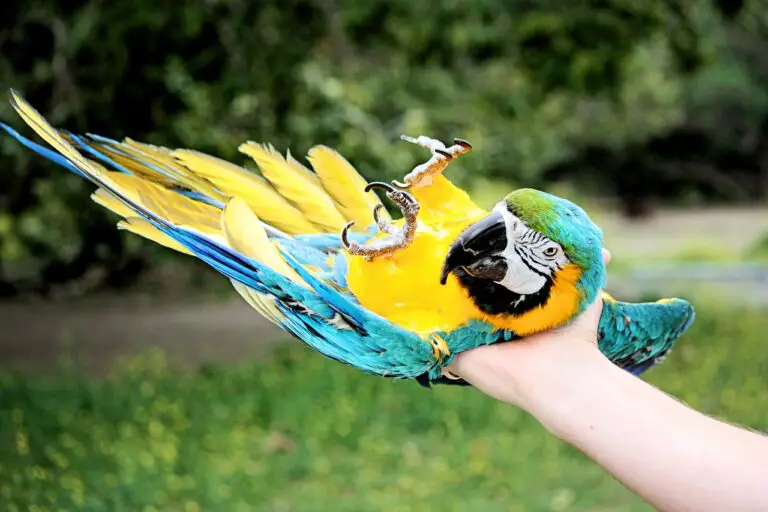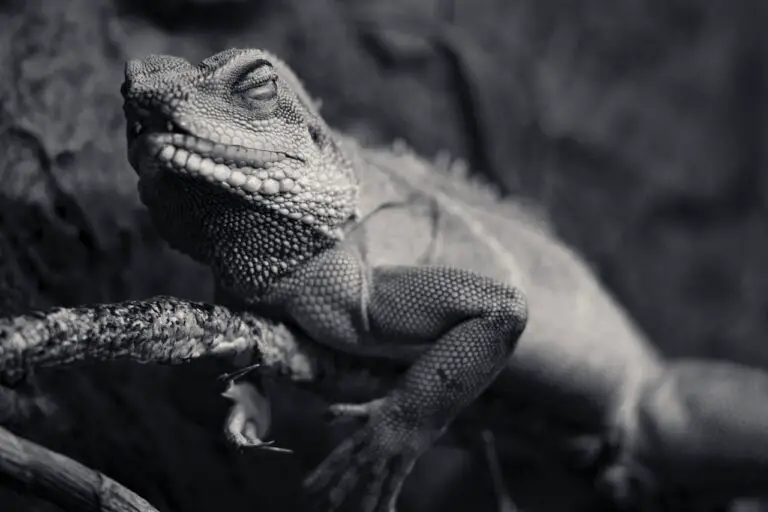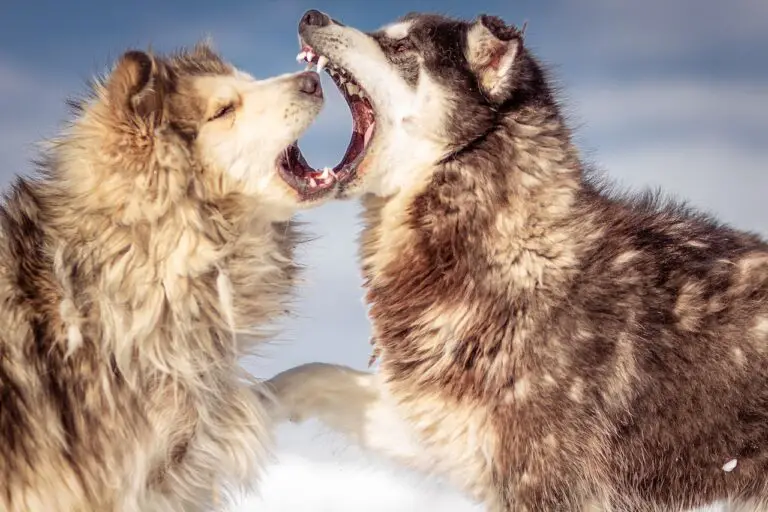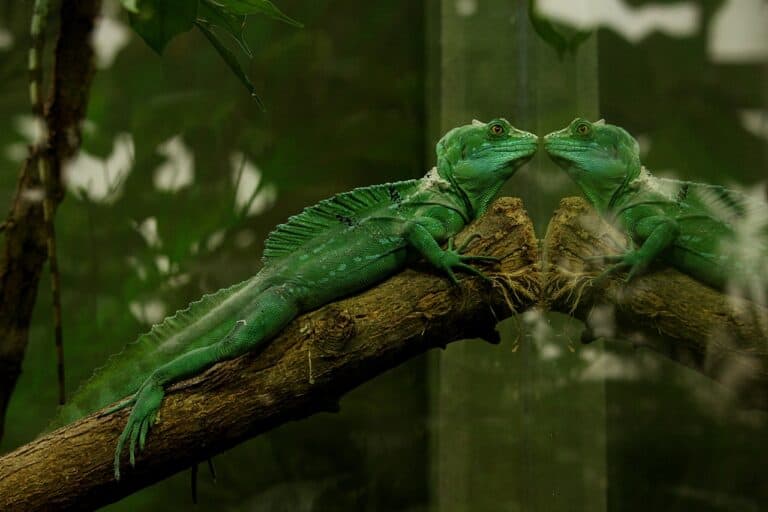Exotic Pet Breeding Ethics: A Comprehensive Guide [+ FAQs]
Exotic pets, such as reptiles, birds, and small mammals, have gained popularity among pet enthusiasts.
The allure of owning unique and fascinating animals prompts many individuals to explore the world of exotic pet breeding.
However, with the growing interest in these unconventional pets comes a need to address the ethical considerations surrounding their breeding and ownership.
This article examines the various aspects of exotic pet breeding and the moral implications associated with this practice.
Key Takeaways:
- Exotic pet breeding raises ethical concerns related to animal welfare and conservation.
- Selective breeding for aesthetics can result in genetic issues and health problems for exotic pets.
- The legal and regulatory framework for exotic pet breeding varies across jurisdictions.
- Breeding exotic pets can contribute to the illegal wildlife trade and threaten endangered species.
- Responsible exotic pet ownership requires proper care, research, and consideration of adoption.
- Education and awareness are essential in promoting responsible practices and discouraging impulse purchases.
- Exotic pet breeding associations play a role in promoting responsible breeding standards.
- Considering alternatives to exotic pets, such as adopting traditional pets, can be an ethical choice.
- Balancing the appeal of exotic pets with ethical considerations is crucial for their welfare and preservation.
- Collaboration and comprehensive legislation are necessary to address the ethics of exotic pet breeding.
What is Exotic Pet Breeding?
Exotic pet breeding refers to the intentional reproduction of non-traditional or uncommon animals for the purpose of selling them as pets.
This process involves selective breeding to produce specific traits or variations that are visually appealing to potential buyers.
While some breeders aim to improve the health and well-being of these animals, others prioritize profit over ethical concerns.
The Appeal of Exotic Pets
Exotic pets captivate people with their unique physical characteristics and the sense of exclusivity they provide.
Their rarity and beauty make them desirable to individuals seeking to showcase their distinctive taste or to have a companion that stands out from traditional pet choices.
Exotic pets also attract those interested in studying and understanding different species.
Ethical Considerations in Exotic Pet Breeding
- Animal Welfare – Exotic pet breeding raises concerns about the welfare of these animals. Breeding practices that prioritize aesthetics over health can lead to genetic issues, such as deformities or susceptibility to diseases. Proper care, nutrition, and socialization must be ensured to prevent suffering.
- Conservation Concerns – Breeding exotic pets can put pressure on wild populations, especially when captured animals are used as breeding stock. Overexploitation can disrupt ecosystems and threaten endangered species. It is essential to consider the impact on conservation efforts and prioritize the preservation of biodiversity.
- Legal and Regulatory Framework – Laws and regulations surrounding exotic pet breeding vary across jurisdictions. Some countries have strict regulations to ensure the welfare and protection of exotic animals, while others have more lenient or inadequate measures. Implementing and enforcing comprehensive legislation can help mitigate ethical issues.
The Impact on Animal Welfare
Breeding exotic pets in high volumes or under poor conditions can have severe consequences for the animals involved.
Unethical breeding practices may result in overcrowded facilities, lack of veterinary care, and improper handling.
These conditions can lead to stress, disease transmission, and reduced lifespan for the animals.
Legal and Regulatory Framework
Governments and animal welfare organizations have recognized the need for regulations to address the ethical concerns associated with exotic pet breeding.
Laws may cover licensing requirements, inspection of breeding facilities, and standards for animal care.
However, enforcement can be challenging, and there are often gaps in the legislation.
Conservation Concerns
The exotic pet trade can contribute to habitat destruction and the illegal capture of wild animals.
This can have devastating consequences for ecosystems and the survival of endangered species.
It is crucial to promote conservation efforts and discourage the demand for wild-caught exotic pets.
Responsible Exotic Pet Ownership
Owning an exotic pet comes with significant responsibilities.
Prospective owners should thoroughly research the specific needs of the species they intend to keep.
Providing appropriate habitat, nutrition, and veterinary care is vital to ensure the animal’s well-being.
Adopting rather than buying can be a responsible choice, as it supports animal rescue and rehabilitation.
Exotic Pet Trade and Illegal Breeding
The exotic pet trade has both legal and illegal components.
Illegal breeding operations often prioritize profit over animal welfare and may involve smuggling or trading protected species.
Supporting reputable breeders and discouraging the demand for illegally obtained animals can help combat this issue.
Education and Awareness
Promoting education and awareness about the ethics of exotic pet breeding is crucial.
Public outreach, school programs, and informational campaigns can inform individuals about the potential risks and responsibilities associated with owning exotic pets.
Encouraging responsible ownership and discouraging impulse purchases can help reduce the demand for bred or captured exotic animals.
The Role of Exotic Pet Breeding Associations
Exotic pet breeding associations play a significant role in promoting responsible breeding practices.
These organizations provide guidance, resources, and networking opportunities for breeders to improve animal welfare standards.
Collaborating with such associations can help establish guidelines and raise awareness within the breeding community.
Alternative Approaches to Pet Ownership
Considering alternative approaches to pet ownership can reduce the demand for exotic pets.
Supporting local animal shelters, adopting rescued animals, and promoting domestic breeds can be ethical alternatives.
Encouraging the adoption of traditional pets ensures that animals without specialized needs are given loving homes.
Conclusion
The ethics of exotic pet breeding encompass considerations of animal welfare, conservation, and responsible ownership.
While some breeders prioritize the well-being of these animals, others contribute to the exploitation and suffering of exotic species.
Striking a balance between the appeal of exotic pets and ethical breeding practices is crucial to ensure the welfare and preservation of these unique creatures.
FAQ
Why is the breeding of exotic pets a concern?
Breeding exotic pets can raise ethical concerns related to animal welfare, conservation, and the impact on wild populations.
Are there laws regulating exotic pet breeding?
Yes, laws and regulations vary across jurisdictions, but many countries have measures in place to address the breeding and ownership of exotic pets.
How can I ensure responsible exotic pet ownership?
Responsible exotic pet ownership involves thorough research, providing proper care, and considering adoption from animal shelters.
What is the role of exotic pet breeding associations?
Exotic pet breeding associations promote responsible breeding practices, establish guidelines, and raise awareness within the breeding community.
What are the alternatives to owning exotic pets?
Alternatives include adopting traditional pets, supporting local animal shelters, and promoting the adoption of domestic breeds.
Peter Stones is the founder of Exotic Pets Place, the leading online resource for exotic pet care information.
With over 10 years of hands-on exotic pet ownership experience, he is deeply passionate about sharing his expertise to help others properly care for their unusual pets.
When he's not writing extensively researched articles or connecting with fellow exotic pet enthusiasts worldwide, you can find Peter at home tending to his own beloved menagerie of exotic animals.

![Exotic Pet Breeding Ethics A Comprehensive Guide [+ FAQs], two goats in a field](https://exoticpetsplace.com/wp-content/uploads/2023/06/Exotic-Pet-Breeding-Ethics-A-Comprehensive-Guide-FAQs-two-goats-in-a-field.jpg)





